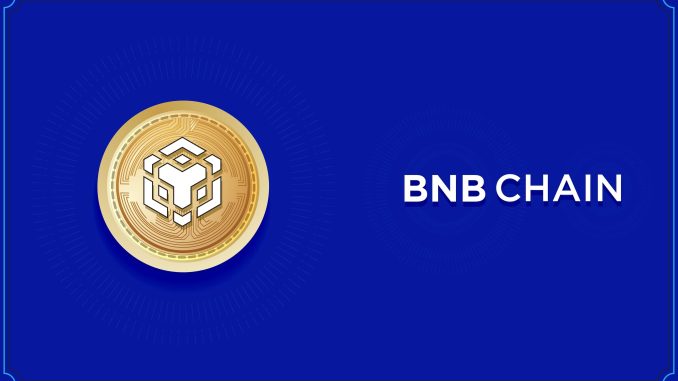
Key takeaways
BNB Chain introduces its new L2 chain
Binance-founded layer-1 blockchain BNB Chain announced on Monday that it had launched a new layer-2 chain. According to the BNB Chain team, the new L2 chain is designed to address the scalability challenges affecting the blockchain.
The L2 is called opBNB, and it is a layer-2 scaling solution powered by the Optimism OP Stack. opBNB is set to add security and scalability to the Binance blockchain network.
opBNB is an Ethereum Virtual Machine (EVM) compatible layer-2 chain. This implies that the L2 chain works with Ethereum-based smart contracts, networks and ERC-20 token standards.
Scalability remains one of the biggest challenges facing blockchain networks as it results in network congestion and high fees during times of increased network demand.
At the moment, the BNB Chain processes around 2,000 transactions per second, with an average transaction cost of $0.10.
According to the development team, opBNB is set to support more than 4,000 transactions per second, with an average transaction cost below $0.005.
In addition to that, the new L2 chain will enable the optimisation of data accessibility, the caching layer, and adjust the submission process algorithm to allow simultaneous operations. These functions would allow the chain to increase the gas limit to 100 million per block from the 30 million Optimism currently allows.
opBNB to solve BNB Chain’s scalability issues
While commenting on this latest cryptocurrency news, Binance stated that opBNB is the answer to the scalability challenge that has limited the mass adoption of blockchain technology.
Optimism leverages Optimistic Rollups to scale transactions. It achieves this by automatically assuming the transaction data, which is processed off the root chain, is valid until it is invalidated.
Data pulled from DefiLlama shows that BNB Chain is the third largest blockchain, behind Ethereum and Tron, in terms of DeFi total value locked. At the moment, BNB Chain has a TVL of $3.38 billion, with a 24-hour volume of $264 million and roughly a million active daily users.






Be the first to comment